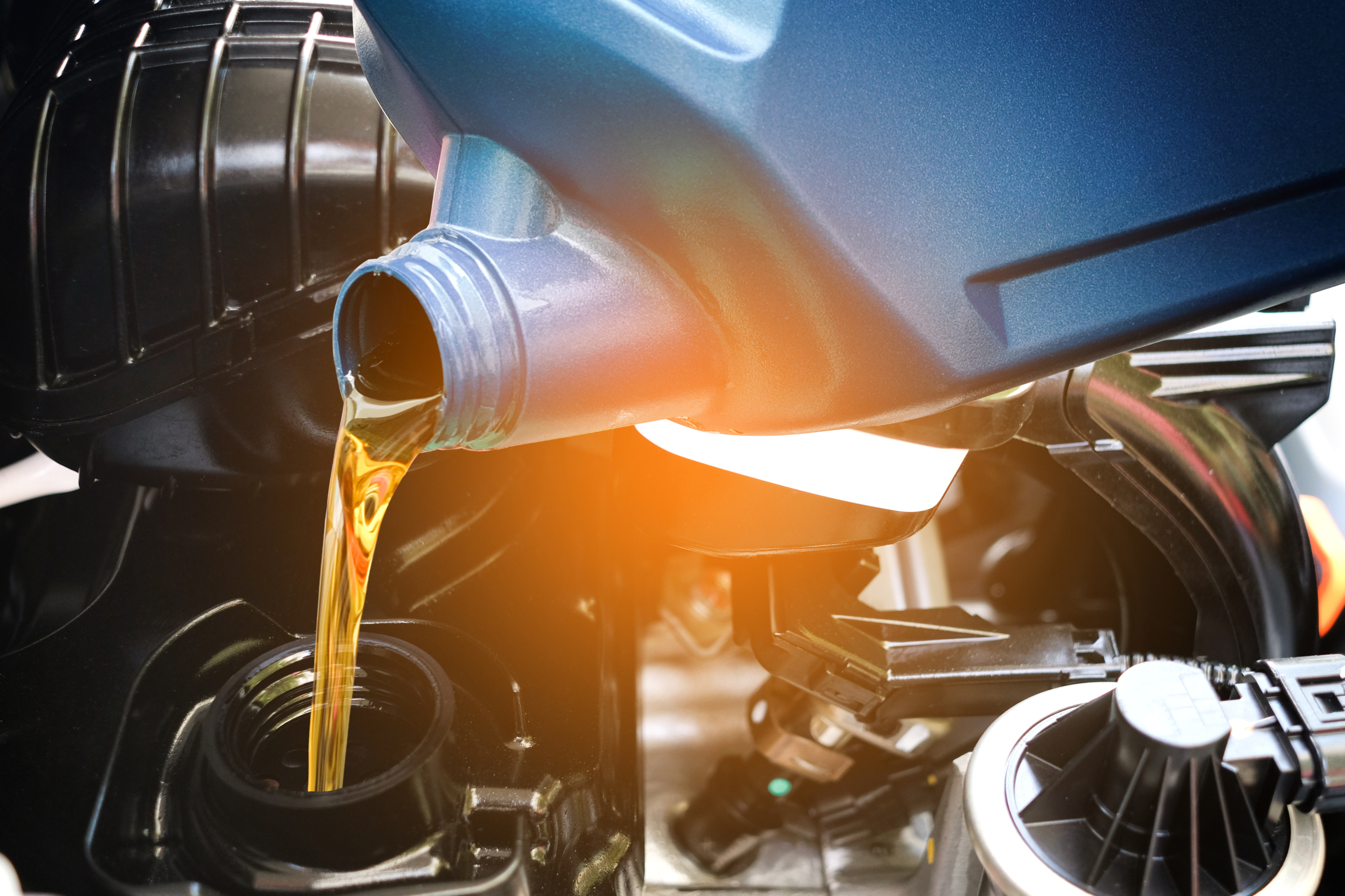
Signs of Inadequate Lubrication in Engines and Machines
Proper Lubrication is Life to Engines and Machinery
Lubricants are the lifeblood of engines, presses, pumps, and other machinery with moving parts. The equipment we use to serve our customers, build a company, and make a living must be treated with respect if we expect to get the most out of it. Heavy equipment, diesel engines, and the rest are expensive investments.
Knowing how to spot the signs of inadequate maintenance or improper lubrication can help avoid costly repair or even costlier replacement.
Spotting the Signs of Incorrect or Inadequate Lubrication
As a fuel delivery company and industrial lubricant provider, we understand the critical role proper lubrication plays in maintaining the longevity and efficiency of machinery better than most. Inadequate or improper lubrication can lead to premature wear, breakdowns, and costly repairs.
Ideally, every employee responsible for maintenance will follow OEM guidelines and service schedules to the letter, every time. But, that’s not always the case. People make mistakes. Equipment changes hands.
Many businesses buy used or refurbished pumps, presses, machinery, or rebuilt diesel engines. Knowing how to spot signs of improper lubrication can help you intervene if an asset isn’t being maintained properly or avoid purchasing equipment that wasn’t well-maintained.
Signs of Inadequate or Improper Lubrication in Specific Systems
Spotting Lubrication Problems in Diesel Engines
Nearly every diesel engine today is turbocharged. This makes proper lubrication even more critical as turbochargers are sensitive to oil quality and expensive to replace.
Some things to consider and watch for:
- Watch the Oil Pressure: This one’s obvious perhaps, but still must be mentioned. Low oil pressure often indicates insufficient lubrication.
- Abnormal Engine Noise: Knocking, tapping, or grinding sounds should never be ignored, they may signal inadequate lubrication. Trust your ears.
- Check Oil Quality: Consider oil analysis. Modern diesel engine oil can be contaminated by direct injection, EGR, and contamination with coolant or dilution with fuel.
- Increased Fuel Consumption: Poor lubrication affects engine efficiency, leading to higher fuel usage.
- Excessive Smoke: Thick, black smoke often suggests lubrication problems, if it’s not related to fuel/air ratios or emissions.
- Excessive Wear: Anytime you have an engine part you can check for wear, do so. Make sure the wear is consistent with the mileage or engine hours — if it’s not, poor lubrication is likely to blame.
Avoiding Poor Lubrication in Hydraulic Pumps and Presses
Hydraulic systems deal with tremendous pressure and weight. Poor lubrication or inadequate maintenance can not only impact the life of the pump or press — it can also lead to catastrophic failure which is expensive and potentially dangerous. Pay attention to hydraulic fluid and other points of lubrication.
Some things to consider and watch for:
- Temperature Fluctuations: Overheating or unusually cool hydraulic fluid often indicates lubrication issues.
- Leaking Seals: Inadequate lubrication of hydraulic systems can lead to seals drying out, contracting, and leaking. Watch for leaky seals.
- Erratic Operation: This one is key. Make sure operators are watching for jerky movements or slow response time. All of these can be due to insufficient lubrication.
- Sticking or Binding: If a hydraulic press doesn’t move smoothly, poor lubrication at lube points may be to blame.
- Wear on Moving Parts: Examine wear patterns on bearings, gears, and slides. Make certain that wear is consistent with the age and hours of use on the equipment or part.
Noticing Lube Problems in Other Machinery
- Visual Inspection: Regularly check for signs of wear, rust, or dryness. Doing a periodic “health check” on your machinery is important. Think about what equipment and parts may have been overlooked. Take care of bearings, seals, and other components. Spotting inadequate lubrication early can save you a lot of money and even avoid an accident or injury.
- Watch Lubricant Color and Consistency: Monitor changes in color or viscosity in lubricants. Be aware of what each lube type looks like when it’s fresh, has seen some use, and is past its prime.
- Lube/Oil Analysis: Consider sending samples to a laboratory for detailed analysis. It reveals wear metals, contamination, and overall oil health. This can be helpful for everything from diesel engines to hydraulic systems and more.
Consider Motor Oil and Lube Analysis to Prevent Problems
Regular oil or lubricant analysis is a service many businesses aren’t aware of — and they really should be. Routine oil analysis provides insights into lubricant condition, contamination, and component wear. Sure, it costs some money, but it’s a lot less expensive than a premature diesel engine, transmission overhaul, or turbocharger replacement. Collecting oil samples regularly and sending them to Mansfield Service Partners lab for testing is a smart move.
Key parameters to watch in oil analysis:
- Total Acid Number (TAN): A significant increase indicates lubrication problems3.
- Particle Count: High particle counts signal contamination.
- Oxidation Level: Increased oxidation reduces lubricant effectiveness.
The Lubricant Provider Trusted by American Industry Since 1932
At Mansfield Service Partners (MSP), we built our reputation by anticipating our customer’s needs and exceeding their expectations at every opportunity. We do it all from 24-hour fuel delivery to industrial lubricants, DEF, oil analysis, and more.
If your business could use a one-stop shop for all your fuel delivery, tank maintenance, and oil and lubrication services — Mansfield Service Partners is the only name you need to know.
Contact MSP today. Reach us at (800) 683-1331 or email any inquiries to info@mansfield.energy


